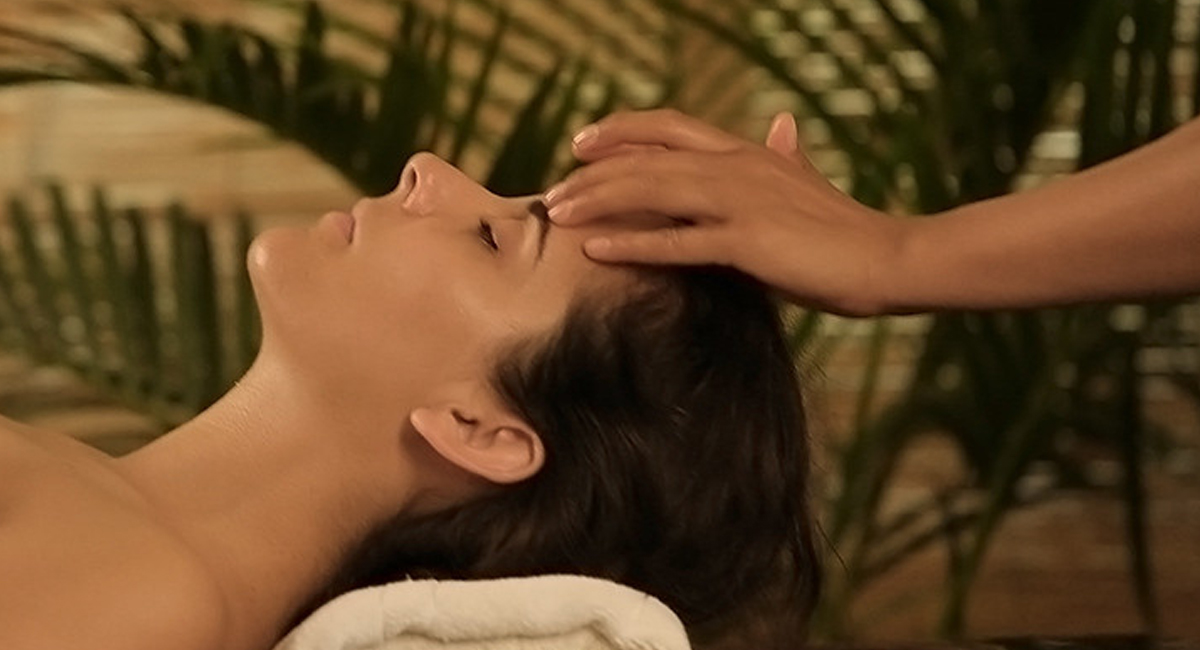
Parkinsonism- Ayurveda Treatment
Parkinson's disease (the shaking palsy) may be one of the most baffling and complex of neurological disorders. Its cause remains a mystery, but research in this area is active, with new and intriguing findings consistently being reported.
Parkinson’s disease belongs to a group of a condition called motor system disorders. Parkinson’s and related disorders are the results of the loss of dopamine-producing brain cells. Dopamine is a chemical carrier responsible for communicating signs within the brain. Parkinson’s disease occurs when specific nerve cells, or neurons, die or become impaired. Usually, these neurons produce dopamine. Loss of dopamine affects the nerve cells to fire out of control, leaving patients helpless to direct or guide their movement in a healthy manner.
The symptoms of Parkinson’s are:
1) Tremor or shivering in hands, arms, legs, jaw, and face;
2) Rigidity or stiffness of the limbs and trunk;
3) Bradykinesia or slowness of movement and
4) Postural instability or impaired balance and coordination.
Patients may also have difficulty in walking, talking, or completing other simple tasks. The disease is both chronic, meaning it persists over a long period, and progressive, meaning its symptoms grow worse over time. It is not infectious, nor is it usually inherited - that is, it does not pass instantly from one family member or generation to the next. Early symptoms are subtle and occur gradually.
Though various western medicines provide relief, no drug can stop the progression of the disease. Parkinson’s disease known in ayurveda as ‘kampa vata’ is a neurological disorder-affecting people over 65 years. Ayurvedic treatment for this condition centers on the treatment of vata disturbance. Abhyanga snehanam (oleation) and swedam (fomentation) form the basis of the constitutional procedure. Nasyam (nasal insufflations), Sirovasti (application of oil over the head), Shiro Dhara (pouring of oil on the hair-bearing area on the head), Vasthi (enemas) and Brumhana, vata hara chikitsa are indicated
A vata soothing diet and proper dietary habit require for long-term success. Additional vata pacifying supervision, including daily oil massage and sensory therapies, completes the effective Parkinsonism Ayurvedic Treatment.
Meditation, yoga practices, pranayama, the breathing exercises are to be done on a regular and daily basis to overcome the stress and the disease. The person with Parkinsonism should strictly follow Achara Rasayana (the art of being the best of the soul) like living sathwik, following elder’s advice, keeping and managing the hard feelings, mastering the mental urges, etc. Parkinsonism treatment in Warangal has firmly gained the success rate.
